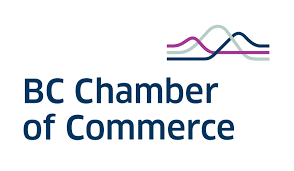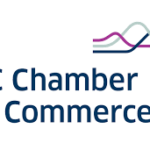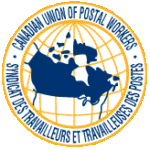COMMENT: The Politics of Health
Barack Obama, Pope Francis, the International Monetary Fund (IMF) and organizations like Oxfam and the World Health Organization are all saying it: Inequality is the greatest concern of our time. So what’s it going to take for our governments to act?
Dr. Gary Bloch, a family physician in Toronto and a founding member of Health Providers Against Poverty, is outspoken about his frustration, recognizing that there is so little he can do for patients whose chief ailment is a lack of income. As he puts it (in a Globe & Mail op-ed) , “That we set our minimum wage to benefit companies’ bottom lines, and not to ensure low-wage workers are able to stay healthy, and to afford the basics of food, shelter, clothing and other necessities, is both a tragedy and a public health travesty.”
Inequality does not serve anyone except the extremely wealthy. Public health advocates have pointed out the health implications of the income gap for decades. It is getting worse, and now, many other influential voices are joining the chorus:
- A recent Oxfam report says the world’s 84 richest individuals have as much wealth as the half the world’s population, the 3.5 billion poor.
- The IMF is concerned about world stability, pointing out that inequality within countries, “fuels resentment, protest and instability,” as evidenced by riots in Brazil and Turkey, countries that have experience significant economic growth of late.
- The key message from the World Economic Forum’s (WEF) annual “Global Risks 2014” report is that rising inequality is “the top global risk.”
- Pope Francis urged participants at the WEF annual conference in Davos, Switzerland in January to work towards a “better distribution of wealth, the creation of sources of employment and an integral promotion of the poor which goes beyond a simple welfare mentality.”
- President Barack Obama focused on inequality in his State of the Union message, saying, “no one who works full time should ever have to raise a family in poverty.” The President committed to raise the federal minimum wage to $10.10 per hour, and called upon private businesses to follow suit.
But while the media is making much of the economic and political concerns caused by growing inequality, are corporations or governments changing their practices? News reports out of Davos say that the conference agenda didn’t do much to alter participants’ conversations outside of WEF14 meeting rooms.
In the past 30 years, corporate and individual taxes, especially for high-income earners and large corporations, have decreased substantively in Canada. Combining federal and provincial rates, corporate taxes declined by half between 1970 and 2012 (from over 50% to 25%).[1] In British Columbia, top income earners saw their taxes decrease from 82.4% in 1970 to 43% by 2010.
Our current federal and provincial governments don’t seem in the least bit inclined to increase corporate and personal taxes, even among the very rich. As Gary Bloch says, “Our governments can continue to legislate poverty and ill health, or they can build legislative bridges to a healthier life for everyone.”
So, how is it that we keep voting in governments that put corporate interests above those of citizens? According to Oxfam, the concentration of wealth is no accident: “Wealthy elites have co-opted political power to rig the rules of the economic game, undermining democracy…”
Given the undeniable evidence, how do we make the dramatic changes needed to take control of wealth out of the hands of a tiny minority and back to the majority?
Diana Daghofer is a PHABC Board Member and a public health consultant living in Rossland, British Columbia.
[1] Arne Ruckert and Ronald Labonté, The global financial crisis and health equity: Early experiences from Canada
Globalization and Health 2014, 10:2 doi:10.1186/1744-8603-10-2


























